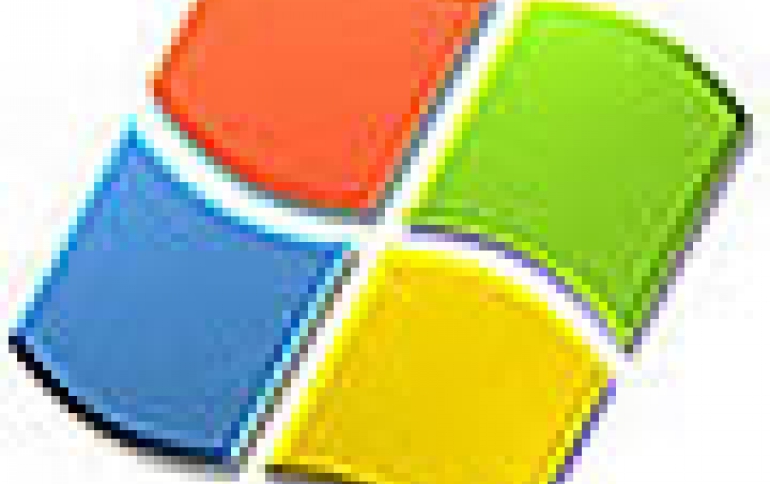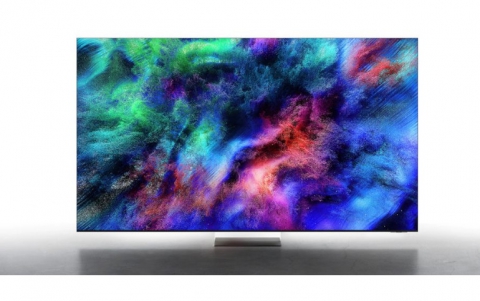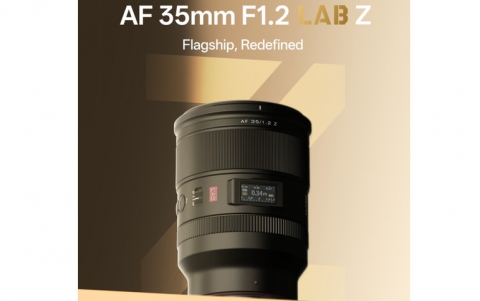
Microsoft Launches Anti-Piracy Plan in Brazil
Microsoft launched its biggest initiative yet to combat rampant software piracy in Brazil, allowing only registered customers access to "non-critical" updates of its Windows operating system.
The program will give Microsoft's Brazilian users access to certain software updates, such as the latest version of its Windows Media Player, only if they have registered their operating system on a special Web site. Legal users will also have access to special offers, such as discounts for some products offered by Microsoft and its partners.
Other updates related to security and defined as "critical" by the company will still be available to all users.
Unveiled in the United States, Canada, China and the Czech Republic in September, the "Windows Genuine Advantage Offers" aims to ween consumers away from cheap versions of Microsoft's operating system sold on the black market .
Industry groups say more than 60 percent of the software running on computers in Brazil was purchased or copied illegally.
Microsoft is also coming under pressure in Brazil from a government initiative to promote open-source software, such as Linux, in an effort to cut costs. Brazil is Latin America's largest economy and one of Microsoft's biggest markets in the developing world.
"My expectation is that we will reach a participation rate of more than 20 percent, which was the initial forecast the company had when it launched the program in other countries," Dinis Couto, Microsoft's general manager for its Windows division in Brazil, told a news conference.
He added that 7.6 million people had shown interest in the "Advantage Offers" plan in other countries and 60 percent of them had already validated their operating system as legal.
The plan is only valid for Window's XP and 2000 operating systems and is aimed at home users and small businesses. Although it will be initially optional to users, the program will be required for all Windows XP and 2000 users seeking non-critical updates from the second half of this year. Microsoft's popular Office suite of programs will not be included in the plan initially, the company said.
If a person unknowingly buys a computer with a pirated version of Windows and tries to register the software, the Web site will allow them to print a certificate they can take back to the seller. Consumers will also be able to denounce dealers of pirated software on the site. "The company isn't acting like the police, but we want to be sure that legal users have access to our programs' benefits," Couto added.
Other updates related to security and defined as "critical" by the company will still be available to all users.
Unveiled in the United States, Canada, China and the Czech Republic in September, the "Windows Genuine Advantage Offers" aims to ween consumers away from cheap versions of Microsoft's operating system sold on the black market .
Industry groups say more than 60 percent of the software running on computers in Brazil was purchased or copied illegally.
Microsoft is also coming under pressure in Brazil from a government initiative to promote open-source software, such as Linux, in an effort to cut costs. Brazil is Latin America's largest economy and one of Microsoft's biggest markets in the developing world.
"My expectation is that we will reach a participation rate of more than 20 percent, which was the initial forecast the company had when it launched the program in other countries," Dinis Couto, Microsoft's general manager for its Windows division in Brazil, told a news conference.
He added that 7.6 million people had shown interest in the "Advantage Offers" plan in other countries and 60 percent of them had already validated their operating system as legal.
The plan is only valid for Window's XP and 2000 operating systems and is aimed at home users and small businesses. Although it will be initially optional to users, the program will be required for all Windows XP and 2000 users seeking non-critical updates from the second half of this year. Microsoft's popular Office suite of programs will not be included in the plan initially, the company said.
If a person unknowingly buys a computer with a pirated version of Windows and tries to register the software, the Web site will allow them to print a certificate they can take back to the seller. Consumers will also be able to denounce dealers of pirated software on the site. "The company isn't acting like the police, but we want to be sure that legal users have access to our programs' benefits," Couto added.





















